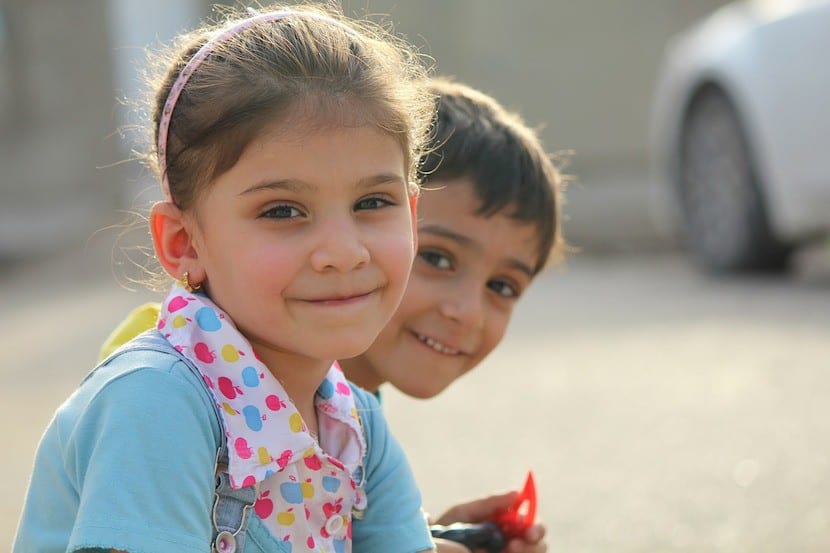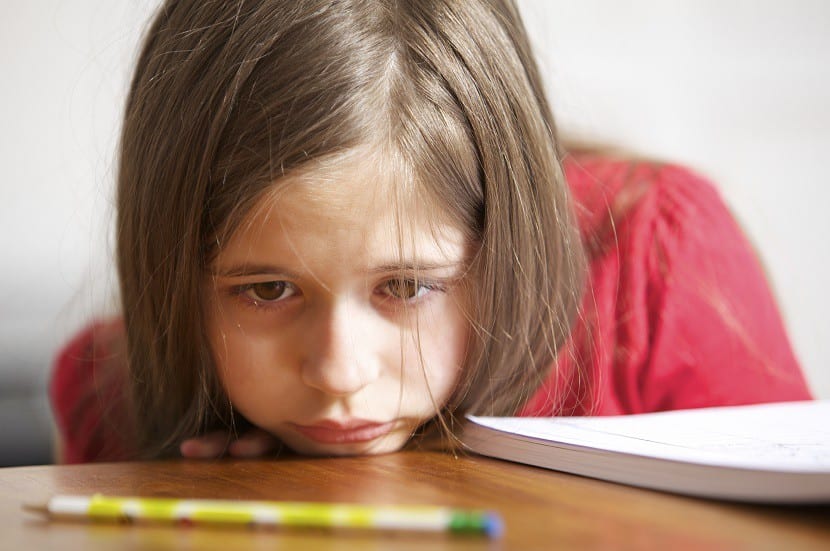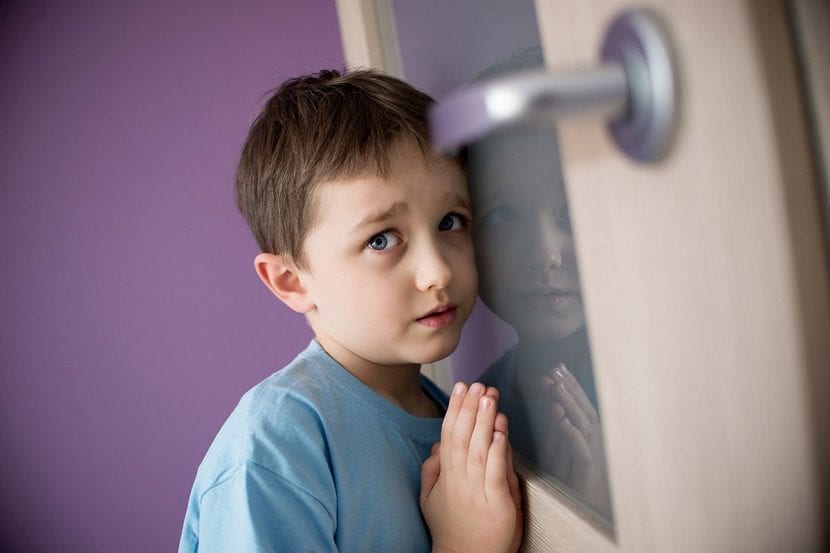
Children and adolescents do not need punishment or imposition in order to learn to be responsible for their own actions and to discover what are the most appropriate actions at certain times. Children and adolescents need you to be their guide, their support and for you to guide them in the type of consequences that there will be according to their behavior.
The consequences for children and adolescents cannot always be the same since it will depend on the age and idiosyncrasy of each one the one that you opt for one or the other consequences. The consequences must always be agreed in advance so that children and adolescents feel that they have part of control in what is happening to them, in this way they will better accept the consequences and also feel the responsibility to be able to change their behavior to improve their emotional well-being and that of everyone.
The educational consequences must be reasonable, they must be tools to be used whenever necessary to provide a good personal education, to prevent and to be a good guide in raising children. Consequences teach children what not to do and what behaviors are appropriate each time. However, consequences alone do not teach children the values and skills that are really important for working on their self-esteem, problem solving, or self-control at the same time.
Effective educational consequences
Consequences need guidance to be effective and for children to know and learn what to do. Guidance is at the core of effective discipline: teaching children what is right and wrong, helping them learn to take responsibility for their actions, and teaching them to relate positively to others and to themselves.

It is necessary to follow some guidelines so that the educational consequences at home are effective. In this way, confrontations or discussions will be avoided because children and adolescents will know what to expect at all times. Do not lose detail:
- Consequences must occur close to the time of the misconduct.
- Children must be able to distinguish between right and wrong.
- Children must realize that the unpleasant experience is the result of their own willful misconduct, not the anger of their parents.
- The consequences must be consistent and adapted to the circumstances.
- The consequence must make sense and not be more severe than the misconduct. If it is agreed in advance much better.
- Respond to your children's negative behavior in private, instead respond to positive behavior by praising them anywhere, even in public.
- Do not abuse the use of consequences.
- The consequences should NEVER be violent.
Types of consequences according to age
That he fixes his mistake (between 6 and 18 years old)
If your child is between 6 and 18 years old and breaks something or causes some damage, he must repair his mistake. You can help him make a plan to do it, whether it be saving to buy the broken thing, doing some kind of activity to patch up the mistake like fixing the neighbor's lawn if he stepped on it and destroyed it, etc. Find out how your child can repair or fix the mistake and give him the clues to do so.

The waiting time (between 3 and 12 years)
The waiting time is a time of reflection so that your child can think with your help about what happened. It is a way of correcting the behavior by being in a quiet place for a few minutes for him to reflect individually and then talk to him about the problem. The waiting or thinking time has to be short because if it becomes tedious or too long it will be useless. Ideally, use one minute for each year of the child's age.
You can use this time when your child has had a fight or misbehavior like hitting a sibling. The best thing is to calm everyone involved, it is not a way to punish your child, the objective is for your child to reflect on what happened and that between the two of you you look for the most successful solution. Never leave your child alone in a room without your guidance because then you will only be cultivating a grudge and resentment.
Allow natural consequences (all ages)
Natural consequences are undoubtedly a good learning tool for children, adolescents, and even adults. Let your child experience the natural results of his behavior. These consequences should not be caused or manipulated by the adult, nor should they be harmful to your child, but they should be unpleasant enough to motivate your child to change.
For example, if you don't want to put your dirty clothes in the laundry basket, don't wash them until there comes a time when you don't have any clothes to wear. If he does not want to shower, just tell him what can happen (you will smell bad and people will notice, it is unpleasant). With their behaviors and natural consequences they will help you understand what is the best behavior, but not only because others tell them, if not for their own benefit.

Introduce logical consequences (all ages)
The logical consequences are like reasonable penalties that are connected to the misconduct. If, for example, your children always leave their toys in the yard when they finish playing and do not pick them up, then you can put them all in a bag and store them in the garage and they may be without their toys to play for a while.
Explain how their behavior makes you feel (all ages)
When your child has misbehavior, explain what feelings they are generating in you. Feelings of discouragement, worry, or even sadness. Children want to please their parents naturally and disappointment itself can be felt as a serious consequence within their hearts.
Losing privileges (ages 4-8)
Losing a privilege can be an effective tool. For example, if a child rides a bike without a helmet, removing the bike for a while can be effective. If a child does not set the table because he is watching television, taking the television away can also be an effective tool. Losing privileges should make sense according to the behavior and you should do it in a firm but friendly way. Make deals with your children, you can regain that privilege if you work hard to correct that misbehavior.